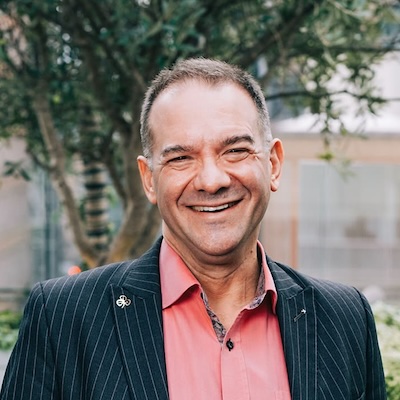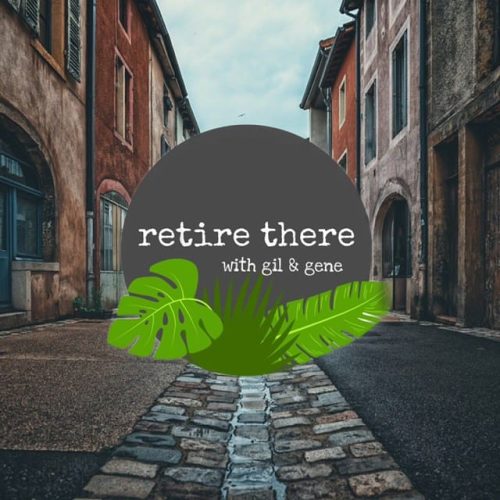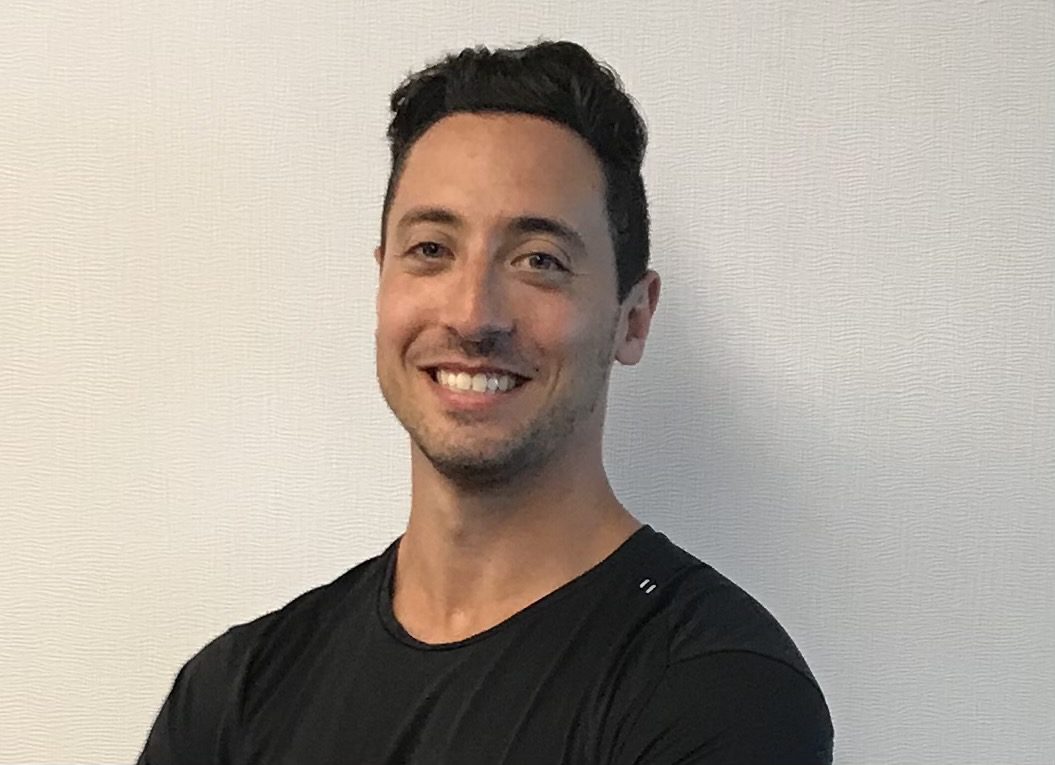Pauses of Reflection and Anticipation The SeniorScape™
As a new year is upon us, it dawned on me that when reflecting on 2022 and anticipating 2023 it was similar to the pauses of reflection and anticipation used in public speaking to punctuate a point.
After you’ve said something important, whether speaking to 1 or 1000, give the the listener(s) the opportunity to soak in and reflect upon the words, the ideas, the feelings, the concepts, by pausing for a few seconds. We are so accustomed to speaking quickly, from one word, phrase, sentence to another that at first it may seem like an eternity.
The other side of the coin is to allow your listener to, so to speak, breathe in anticipation of what is to come by pausing before sharing what you consider the important message you want them to receive.
It takes practice but you may want to try it to see how it feels and to gauge the response.
Let’s apply this same technique as we think about the close of 2022 and breathe into 2023.
How many of us think about devising a strategy to maintain or improve the many areas of our wellbeing, and especially as we age.
We may discuss or develop strategies to secure our financial future, we seek out medical plans to serve us in the event of failing health, but we rarely develop a true overall wellness strategy, a true plan, to give us the best shot to live as healthfully and gracefully as we can for as long as we can.
This not usually included in any conversation on Aging. But more and more it is being addressed in the literature, research, Online Courses, masterclasses, challenges, etc.
A health and wellness journey encompasses more than food choices and Exercise. Many people are unaware of the impact that getting sufficient Sleep, adequate hydration, mindfulness, positivity, social connection and overall strong mind body connection gives us the best show at healthy longevity.
Just yesterday I spoke with a long time friend/colleague who reported various health issues. I suggested a reexamination of his habits, choices, mental attitude and approach as a place to start in order to address some of these issues.
Choosing well influences our ability to be well. He admitted this takes making conscious intentional choices, something that isn’t so easy to do. Oftentimes our choices have become so routinized, that we don’t realize the negative effects many of them may be having on our well being. It’s almost like driving a car to a destination in such a mechanical way that we often don’t realize how we arrived.
Has this ever happened to you? it can be a scary, and I may add, unsafe driving experience.
Throughout the years I’ve likened our bodies to a car. A closed system that has to run with precision timing, finely tuned systems, well maintained parts, adequate lubrication,
etc. We know about the importance of oil changes, using the correct gas octane, if not running an electric vehicle, checking air pressure, rotating tires, learning the warning lights and gauges.
Throughout my professional career as a gerontological speech/language pathologist working over 40,000 hours in long term care I’ve seen many bodies break down because of lack of attention to the systems needed to maintain well being. Of course, that is not to say there are circumstances beyond out control that impact our health and well being. (i.e.,genetics, family history, environment, etc.)
But in pausing to anticipate the coming year, consider taking time to reflect on the choices that have impacted your well being in 2022. Were you making conscious, intentional choices that are in your best interest?
I’m as guilty as the next person. What were the reasons I made some of those choices?
Were they knee jerk or emotional reactions? Did they serve my best interest?
A few years ago sitting next to a woman at a luncheon for a local charity. I remember seeing her from across the room when she arrived. She may have been in her 50s.
She appeared extremely fit. I wound up seated next to her. As the waiter approached each person to take their main dish preference,I remember hearing her grill him, no pun intended, about how the food was prepared. Specifics about whether or not the chicken was prepared with butter or any other dairy product. I wondered if she had an allergy. However, at the conclusion of the meal a place of cookies was passed for dessert. Without hesitation, she took the plate from her left hand, seamlessly passed it to the right without hesitation and then extend her right hand to pass it over to me. As I took the plate from her, I commented that I assumed she wasn’t going to eat a cookie. Her response, while seemingly extreme, reflected the intentionality of her choices in all situations. “I never let dairy, sugar or grain, enter my body.”
While it may not be necessary for us to be that extreme, it’s beneficial to look at our food choices through the lens of nutrition management. Nutrition management is more than thinking about food choices and Diet…it’s developing a strategy for selecting the appropriate foods for body and Lifestyle.
We can also think of the body like the recipe for a favorite food. Specific ingredients are required proportioned in their relationship to one another in order to produce a well-rounded, fine tasting finished dish. If the proportions are incorrect, an ingredient is mistakenly omitted or added, the end product will not be as expected. So it is with our bodies. Food is our fuel and good nutrition is the key to managing our bodies for optimal functioning. Intelligent nutrition management includes diet types and food recommendations for specific conditions the general impact of various foods on body function. For example, avoiding foods that impact inflammation in the body is important for maintaining good digestive and intestinal health. There are specific foods that boost brain health and decrease your risk of memory loss. One website that offers this information is: https://www.healthline.com/nutrition/11-brain-foods.
The importance of how you eat your food is of equal importance. Digestion actually begins in the mouth when you are chewing. The process of chewing allows the saliva to break down the food so that nutrients are more easily absorbed in the stomach. There is research that discusses the need for chewing your food up to 32 times. You can find more information on the importance and number of times you should be chewing your food at:
http://heritageihc.com/blog/chewing-your-food/ or https://www.healthline.com/health/how-many-times-should-you-chew-your-food
Vitamin levels may be impacted by season as well as cultural and religious customs. For example, sunshine is an important source of Vitamin D. Colder seasons and climates where there is less exposure to sunlight may affect the body’s Vitamin D levels. This would also hold true for people in Nursing home or assisted living facilities who are rarely out of doors as well as older people unable to venture outdoors. Recently, it was pointed out to me that cultural practices of covering the body from head to toe may also impact Vitamin D levels.
Finally, it is vitally important that you understand your body type and lifestyle, your body’s personal needs, and the interaction of foods with supplements and medications when making food choices. The Academy of Nutrition and Dietetics https://www.eatright.org and https://www.diets4me.com are two resources for finding out science-based food and nutrition information.
Is there a particular formula or ingredients for achieving optimal health and well-being? Is it ever too late to begin that journey?
There is available research and many websites that provide the framework and strategies that you can be apply whenever you decide to begin that journey. What better time than at the beginning of a new year.
This is more than a New Year’s resolution. Research tells us that 43% of all people expect to fail in their resolution’s before February and almost 25% quit within the first week of setting the resolution and only 9% see their resolution successfully to the end. Statistics from discoverhappyhabits. com indicate that 75% maintain the resolution after 1 week. As social connection is important for overall well being, social support can also be a game changer in whether you can maintain sticking to your resolution over time.
Remember, you are the CEO of your own wellbeing.
The Wellness CEO – by Phyllis Ayman
Your health is YOUR business.
Are you the keeper of your well-being?
It’s NEVER too late.
The place to begin is within,
The time to begin is NOW!
Your Health is Your BUSINESS!
You are the CEO of your well-being.
If you don’t mind, it doesn’t matter, but
If you mind, make it MATTER!
IMpathy®
The Place to Begin is Within, The Time to Begin is NOW!!!!!
Make the Rest of Your Life the Best of Your Life!
Feel Fab…Look Fab….Be FAB – U- Lous YOU!!!!
and most importantly…..
AGE MAGNIFICENTLY!
To receive The SeniorScape™ to your inbox or learn more about your longevity or wellness care plan please email:
Phyllis@phyllisaymanassociates.com
Follow Phyllis Ayman on the podcast: SeniorsSTRAIGHTTalk at: https://www.voiceamerica.com/show/3911/seniors-straight-talk
Originally Published on https://www.phyllisaymanassociates.com/
























